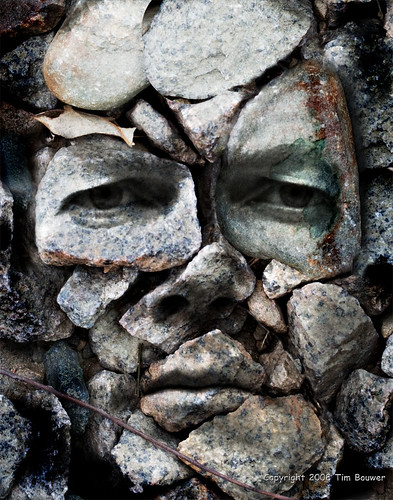 In a modern story, if things seem perfect, you know trouble’s bubbling beneath the surface. Partly, this is the drive of conflict in story, but I think there’s something more. As a culture, we have a sense of impending doom. My wife reads a LOT of young adult novels. Many of them are post-apocalyptic or dystopian. They all imply that man has failed in some way or that his success is illusionary.
In a modern story, if things seem perfect, you know trouble’s bubbling beneath the surface. Partly, this is the drive of conflict in story, but I think there’s something more. As a culture, we have a sense of impending doom. My wife reads a LOT of young adult novels. Many of them are post-apocalyptic or dystopian. They all imply that man has failed in some way or that his success is illusionary.
Let’s look beyond the spiritual implications of not being able to perfect ourselves. Instead, let’s examine these false utopias briefly. They usual harbor a sense of futility, a sense that everything falls apart. Men are cogs in a machine or they live in unparalleled luxury with nothing to do or they gain a sort of false godhood that corrupts them.
We don’t understand perfection. Either it’s tainted or it’s boring. If everything’s fine, it’s not a story. And if you try to drag out happily ever after, it bores us. Years of unbroken peace after war is best left to the imagination.
I think our problems with utopias is we don’t truly understand joy.
Joy is movement and relationship and awe. It’s not stagnant; it’s fecund and alive. Joy is the temporary “happily ever after” somehow transmuted into forever. It’s the momentum of conflict without the sinful struggle.
The Romantic poets tried to capture moments of joy. I think that’s the best chance we writers have–the moment. We don’t know how to stretch it out convincingly.
But God does. And he’ll show us someday.
~~
Photo: Tim Bouwer via Compfight